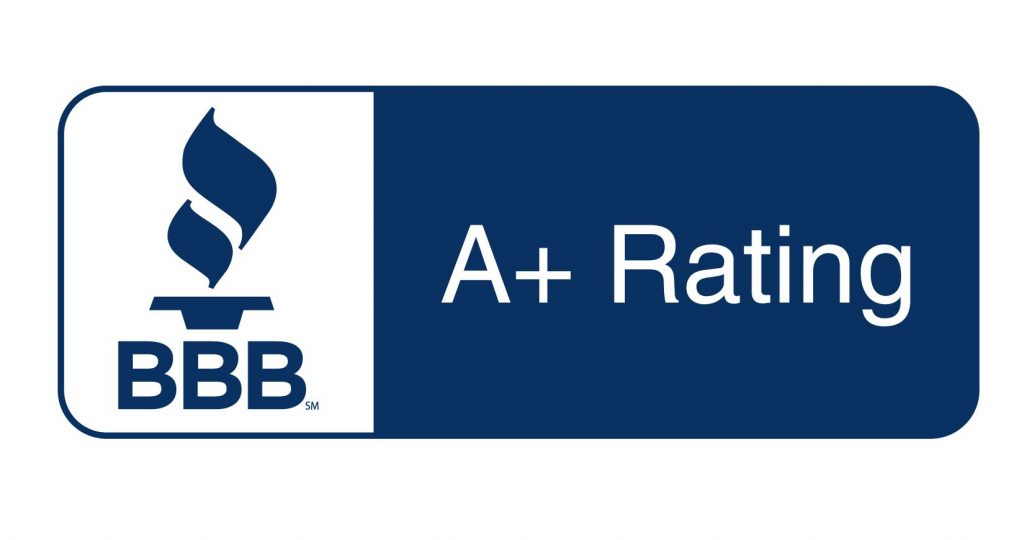Hearing health is a fundamental aspect of our well-being, particularly as we age. It’s estimated that nearly one in three adults aged 65 and older experience some degree of hearing loss. Despite its prevalence, the question of whether Medicare covers hearing aids remains a significant concern for many seniors and their families.
Medicare and Hearing Aid Coverage
Unfortunately, hearing aids fall under the umbrella of limited coverage within the Medicare framework. While Medicare Part A primarily addresses hospital stays and related services, and Part B covers medically necessary services and preventive care, neither typically extends to hearing aids.
Medicare’s stance on hearing aid coverage reflects a longstanding challenge for older adults who are grappling with hearing loss. Currently, Medicare does not cover routine hearing exams or hearing aids themselves, except under specific circumstances, such as when hearing loss is related to a medical condition requiring surgery or treatment.
This absence of comprehensive coverage underscores the need for individuals to explore alternative options and seek additional support in managing their hearing health. As we delve deeper into the complexities of Medicare coverage and the landscape of hearing aid assistance, it becomes clear that proactive measures are necessary to address the gap between need and accessibility.
Alternative Options for Hearing Aid Coverage
Despite the limitations of Medicare coverage for hearing aids, several alternative avenues exist for individuals seeking assistance with hearing expenses.
Medicaid Coverage: Medicaid programs in some states offer coverage for hearing aids, including the cost of exams and fittings. Eligibility criteria vary by state, and individuals are encouraged to explore their state-specific Medicaid policies to determine eligibility and coverage options.
Private Insurance Plans: Certain private insurance plans may provide coverage for hearing aids as part of their benefits package. Policyholders should review their insurance policies or consult with their insurance providers to determine the extent of coverage for hearing aids and related services.
State Assistance Programs: Some states administer assistance programs designed to help individuals with limited financial resources access necessary healthcare services, including hearing aids. These programs may offer subsidies or vouchers to offset the cost of hearing aids for eligible individuals.
Cost Considerations and Financial Assistance
While the average cost of hearing aids can vary significantly depending on factors such as brand, technology level, and additional features, it’s important to be aware of potential out-of-pocket expenses.
The average cost of hearing aids typically ranges from several hundred to several thousand dollars per device. Factors such as advanced technology and custom features may contribute to higher prices. Individuals should research different hearing aid options and consult with audiologists to determine the most suitable and affordable solution for their needs.
In recent years, the U.S. Food and Drug Administration (FDA) has taken steps to increase accessibility to hearing aids by introducing the over-the-counter (OTC) hearing aid option. This initiative aims to provide consumers with more affordable and accessible hearing aid solutions, allowing individuals to purchase hearing aids without a prescription or professional fitting. The availability of OTC hearing aids presents a promising opportunity for individuals seeking cost-effective alternatives to traditional hearing aids. People with mild to moderate hearing loss are candidates for OTC devices.

Prevent Costly Hearing Problems with Regular Check-Ups
Maintaining your hearing health is important for your overall well-being and quality of life. Untreated hearing loss can have profound implications on various aspects of daily life, including communication, social interactions, and emotional well-being. Understanding the importance of prioritizing hearing health and scheduling regular check-ups is essential for early detection and intervention.
Untreated hearing loss can impact many aspects of our lives, including difficulty communicating with loved ones, challenges participating in social activities, and feelings of isolation and depression. Additionally, untreated hearing loss has been associated with cognitive decline and an increased risk of dementia.
Routine hearing screenings provide early detection and intervention for hearing loss. By scheduling regular check-ups with an audiologist or hearing healthcare professional, you can identify changes in your hearing health and explore appropriate treatment options, including hearing aids and assistive devices.
Adopting healthy habits and lifestyle choices can help preserve hearing health and prevent further deterioration. Strategies for maintaining good hearing health include avoiding exposure to loud noises, using ear protection in noisy environments, and practicing proper ear hygiene. Additionally, individuals are encouraged to stay informed about the latest advancements in hearing healthcare and seek professional guidance when necessary.
We can prevent some of the more costly hearing expenses by prioritizing hearing health and incorporating regular check-ups into their healthcare routine.
For those navigating the complexities of hearing healthcare and seeking assistance with hearing aids, the team at Carolina Senior Benefits is here to help. Our dedicated professionals understand the importance of accessible and affordable hearing solutions, and we are committed to assisting individuals in exploring their coverage options and accessing necessary resources. Whether you’re exploring Medicare alternatives, seeking financial assistance, or simply looking for guidance on hearing health, we encourage you to contact our office. Together, we can work towards improving hearing health and enhancing your overall quality of life.





